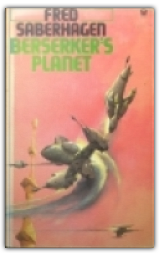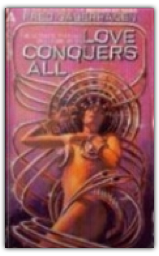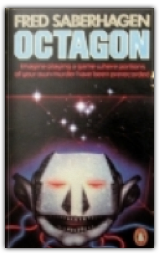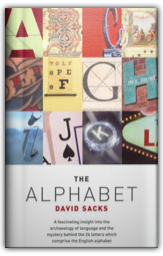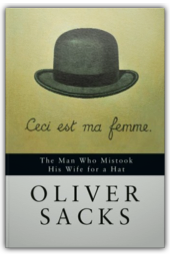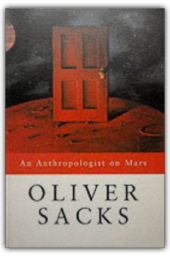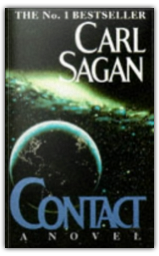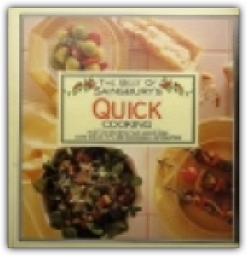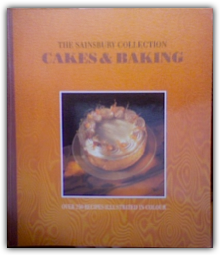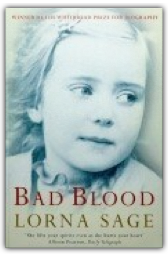 Bad Blood
Lorna Sage
Bad Blood
Lorna Sage
This is one of those memoirs of a difficult, sometimes violent girlhood, that makes riveting reading—not as harrowing as Andrea Ashworth's brilliant Once in a House on Fire, but every bit as good. Whether this is voyeuristic is debatable, but clearly the author, Lorna Sage, felt she had something to tell, and she tells it vividly. She grew up with an absent father, a quiet and docile mother, and—the two most powerful figures of her formative years—a pair of ferocious, tyrannical, impossible grandparents. Her grandfather is the most striking of all, not least because he was a Church of England clergyman. Sage offers an unforgettable evocation of this bitter, hard-drinking, womanising cleric, as he strides through the desolate churchyard with his little granddaughter clinging onto his black skirts in the wind. "He was good at funerals, being gaunt and lined, marked with mortality. He had a scar down his hollow cheek, too, which grandma had done with the carving knife one of the many times when he came home pissed and incapable." The place, too, is strongly evoked: a small, isolated, squalid village on the English-Welsh border in darkest Shropshire, the very landscape of that haunting writer of the 1920s, Mary Webb. Sometimes, though, Sage's girlhood—we—we're only talking 1940s and 1950s here—feels more like it is something out of the pages of the Brontës, and indeed she acknowledges this freely. "Perhaps I really did grow up, as I sometimes suspect, in a time warp, an enclave of the 19th century?" That weird sense of anachronism makes this a riveting if sometimes uncomfortable read.—Christopher Hart |
 Made with Delicious Library
Made with Delicious Library
London, State zipflap congrotus delicious library Scott, Mike
